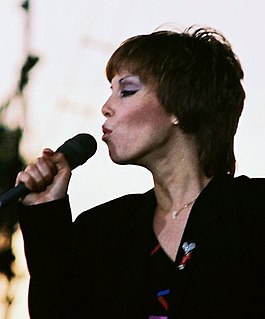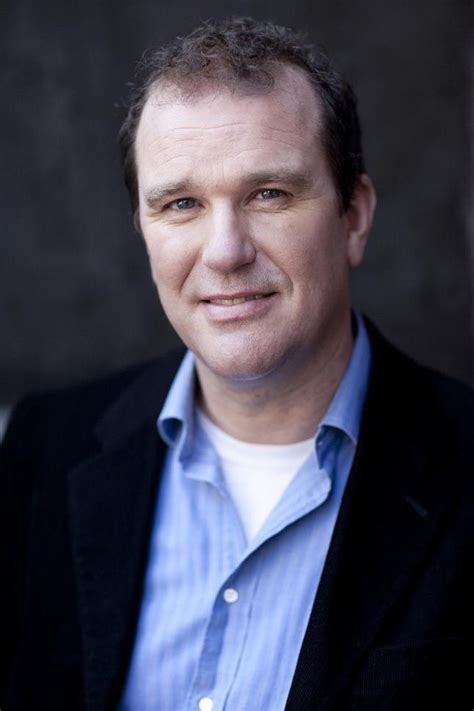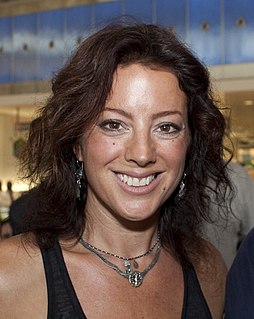A Quote by Moby
When 'Play' first came out, journalists didn't review it; it didn't get radio play. And then it became this big successful record and, I hate to admit this, I found myself liking the fame. I bought into it.
Related Quotes
I never want to record something that I'm not proud of just because I think it might be a big hit. There's no positive about that because if you record a song you hate and it's a big hit, then you're singing a song every night that you hate. And if you record a song that you hate and it isn't a hit, then you sold out for no reason.
What I found interesting about Slava Fetisov was that he went through three different generations of Soviet hockey. In the late 70's, he experienced the Miracle on Ice, and then in the 80's became with his teammates the Russian Five, the most dominant team in the history of hockey, and then helped bring down the hockey system when the Soviet Union collapsed and became one of the first players to play in the NHL, and then ultimately came back to Russia.
We knew we wanted to have our own tone for the show. And then the big instrument that actually we came up with was the cello. It has a big range. It can play really low. It can play high. And it has a dark sound, and 'Game Of Thrones' is obviously - it's a dark show, and the cello became the featured instrument.
I think the success of every novel - if it's a novel of action - depends on the high spots. The thing to do is to say to yourself, 'Which are my big scenes?' and then get every drop of juice out of them. The principle I always go on in writing a novel is to think of the characters in terms of actors in a play. I say to myself, if a big name were playing this part, and if he found that after a strong first act he had practically nothing to do in the second act, he would walk out. Now, then, can I twist the story so as to give him plenty to do all the way through?
I gave up accounting. I went in for about six months writing ad copy. I was fired from that, and then another guy and I did a kind of poor man's Bob and Ray kind of syndicated radio show. Then I decided to stick it out and see what happened. I'd give it a year, a year became two years, and then two years became three years, and then along came the record album.
Elvis came along when I was 10. My father gave me a bass ukulele. I taught myself how to play from a book to play some chords, so I was laying down 'Hound Dog' and things like that when I was 10 years old in 1955. That's the way I was. My ear was glued to the radio. I knew right then what I wanted to do.



































